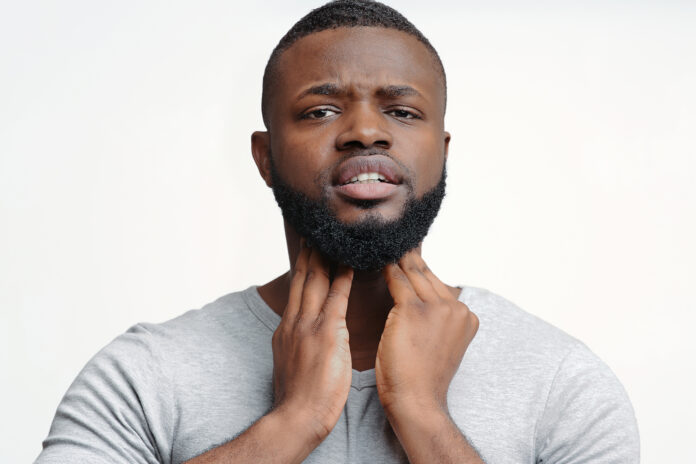Dr. Myra Rose is a hematology oncologist based in Atlanta who has been in practice for over 40 years. She chatted with Black Health Matters about her work and two types of non-Hodgkin lymphoma (NCL): chronic lymphocytic leukemia (CLL) and small lymphocytic lymphoma (SLL).
Black Health Matters: First, share a bit about your work.
Dr. Rose: I am a Hematologist Oncologist who specializes in treating all blood cancers except acute leukemia. Hematology is a branch of medicine that looks at blood diseases that might be benign (not cancer) or malignant (cancer). Oncologists are medical doctors who treat solid tumors, such as breast or lung cancer. Both hematologists and oncologists can treat what we call “liquid tumors,” or blood cancers, such as lymphoma or leukemia, and many doctors, such as myself, are trained in both hematology and oncology.
Black Health Matters: Why are you passionate about hematology oncology?
Dr. Rose: When I think back to when I was trained, most people went into some sort of specialty. Hematology oncology is what I liked because it kept me more up to date as a generalist. The blood circulates to all parts of the body, so I have to know a lot of internal medicine. In hematology oncology, many of the drugs we use to treat blood problems can affect organs in every part of the body, so that’s why general knowledge is important.
Black Health Matters: What are CLL and SLL?
Dr. Rose: Chronic lymphocytic leukemia (CLL) and small lymphocytic lymphoma (SLL) are slowly spreading types of non-Hodgkin lymphoma that start in the white blood cells (the infection-fighting cells) and affect the lymphatic system. They are essentially the same disease. When we look at specific markings on the cell—and the cells help us identify which is malignant and where they come from—CLL and SLL markers look exactly the same, but they manifest differently. CLL is mostly in the blood and SLL is mostly found in the lymph nodes.
Black Health Matters: Do CLL/SLL present with symptoms?
Dr. Rose: CLL is often a disease that doesn’t have symptoms. It’s found incidentally when a doctor does a blood test for another reason and finds there are more lymphocytes (a type of white blood cell) in the blood than there should be. Most of the people with CLL are older in age. They can also get symptoms: they can be tired, have more frequent infections, and can be anemic (have a low red blood cell count). They can also have swelling in their lymph nodes. If it’s more toward the SLL variety, they might have swelling in their groin that doesn’t go away. You can have lots of different symptoms, but with classic CLL/SLL, it often doesn’t present with any.
Black Health Matters: How is CLL/SLL usually treated?
Dr. Rose: We can make a diagnosis of CLL/SLL but need to learn information that is particular to you before we can determine how to treat it. There’s not a one-size-fits-all treatment approach. Nevertheless, we often use what we call “targeted treatments.” which can be taken orally in the form of a pill. Immunotherapy and chemotherapy can also be used to treat CLL/SLL. Patients with CLL/SLL may not need any treatment at all for many years. It is a slow-growing disease that commonly only requires treatment to control symptoms.
Black Health Matters: What role do family genetics play?
Dr. Rose: CLL/SLL is not associated with a gene that is inherited. It is not a disease that typically runs in families or is passed down through generations. There are genetic alterations that can occur within the cells of the body, that are acquired or picked up as people age, and that are sometimes found in cases of CLL/SLL. “Targeted treatments” are directed against these genetic alterations.
Black Health Matters: What advice do you have for patients and caregivers?
Dr. Rose: I tell them that they need to make sure they’re seeing the appropriate specialist for their particular disease. I also tell them to read as much as possible. Everybody doesn’t have to have a great education, but it’s important to know the diagnosis, what indications you have for treatment (if any), and if there are any genetic markers on the CLL/SLL cells that can help determine prognosis (how well you will do).
Taking part in a clinical trial may be the best therapy for some NHL patients, according to the Leukemia & Lymphoma Society. Clinical trials are underway to develop treatments that increase the remission and/or cure rate of the disease. Click here to read more about clinical trials.






